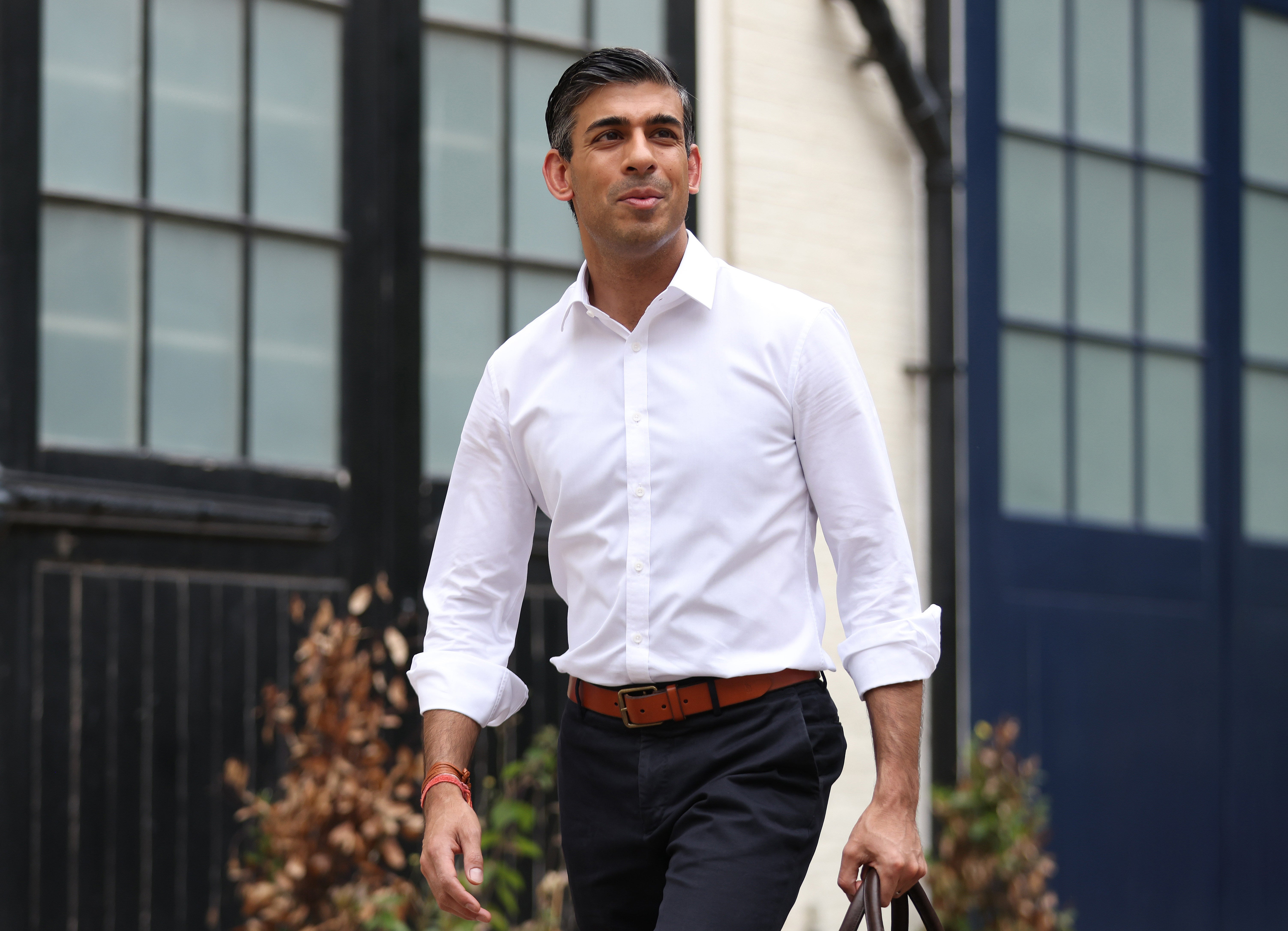Tax cuts are a battleground in the Tory leadership race – but will they make any difference?
The idea that tax cuts are some sort of magic tool that will painlessly boost growth and therefore pay for themselves is patently nonsense, writes Hamish McRae


Tax cuts when you had a fiscal deficit of more than 6 per cent of GDP last year? One of the depressing things about the race to replace Boris Johnson as Tory leader and hence prime minister is the way most of the candidates trot out tax cuts as part of their agenda.
Sajid Javid and Jeremy Hunt are calling for that. So are Liz Truss and Kemi Badenoch. Even Nadhim Zahawi, the current chancellor, is on message here. He is the one person who can do something about this and we may even get a reversal of his predecessor’s plan to increase corporation tax from 19 per cent to 25 per cent on Monday.
All this is in sharp contrast to the report by the Office for Budget Responsibility last week calling for tax increases to stop the national debt from soaring out of control in the longer term. Oh, dear.
It is for the political analysts to judge how this debate will play out in the leadership stakes. What should the rest of us make of this from an economic perspective?
Well, firstly, the state of the economy and of national finances will be the same under the new PM and chancellor as it is under the current ones. Growth was not too bad during the first quarter of this year, with the economy 0.7 per cent up on the pre-pandemic level of the last quarter of 2019. That may not sound great but, while less than the US and Canada, is actually better than that of France, Italy, Japan and Germany.
As for the deficit, it was over 14 per cent of GDP in 2020-21, down to 6.1 per cent in 2021-22, and looks like being around 4 per cent in the current financial year, the one that began last April. So, it is coming down but still unsustainable. That was why Rishi Sunak was trying to increase taxation.
But there is a problem. We may, along with other countries, be heading into a recession. The second quarter will see the economy shrink as the surge in inflation hits, and while things may be picking up a bit now, this will not be a great autumn. And interest rates are going up. So the question is: do you increase taxes when the economy is already weakening, or do you hold off until it is stronger?
There is no easy way out of this dilemma. Actually, I think there is a good case for holding off the planned tax increases until things are clearer and a case for not jacking corporation tax so much. There is also a massive need for looking at all aspects of public spending and getting back to some regular discipline there. But the idea that tax cuts are some sort of magic tool that will painlessly boost growth and therefore pay for themselves is patently nonsense.
Sometimes tax cuts can increase revenues. Ireland’s 12.5 per cent corporation tax did that by attracting massive US investment, and that investment will stick even though the rate is going up to 15 per cent. But most of the time they don’t.
To keep up to speed with all the latest opinions and comment, sign up to our free weekly Voices Dispatches newsletter by clicking here
So what to look for next? As my colleague John Rentoul explained yesterday, Rishi Sunak has positioned himself as the grown-up candidate who looks at the reality of the nation’s finances and doesn’t pick up “the slogan of tax cuts without the faintest idea of how to pay for them”. But even if the Tories go for one of the tax-cutters, in reality, not much is likely to change. You can always cut one tax, but put up another – or more probably, rely on inflation pulling people into higher tax brackets to do the job for you. It is called fiscal drag and there is a lot of it about these days.
The only real way of increasing tax revenues while holding tax rates down is to increase the labour participation rate: increase the number of people in paid work relative to the number of retirees and those who for whatever reason are not working. There are things we can learn here from other countries. We are middle of the pack in the developed world as far as people of working age are concerned, with 82 per cent of 25- to 64-year-olds in work. Sweden has 89 per cent, Switzerland 87 per cent – two successful rich economies. And we can encourage older people to stay in work if they would like to do so.
A truly grown-up debate would be about finding ways of nudging the country along this path – holding down the overall tax burden while funding decent public services and putting public finances onto a sustainable footing. That is what the new government will have to try to do, whoever ends up running the show.
Join our commenting forum
Join thought-provoking conversations, follow other Independent readers and see their replies
Comments
Bookmark popover
Removed from bookmarks